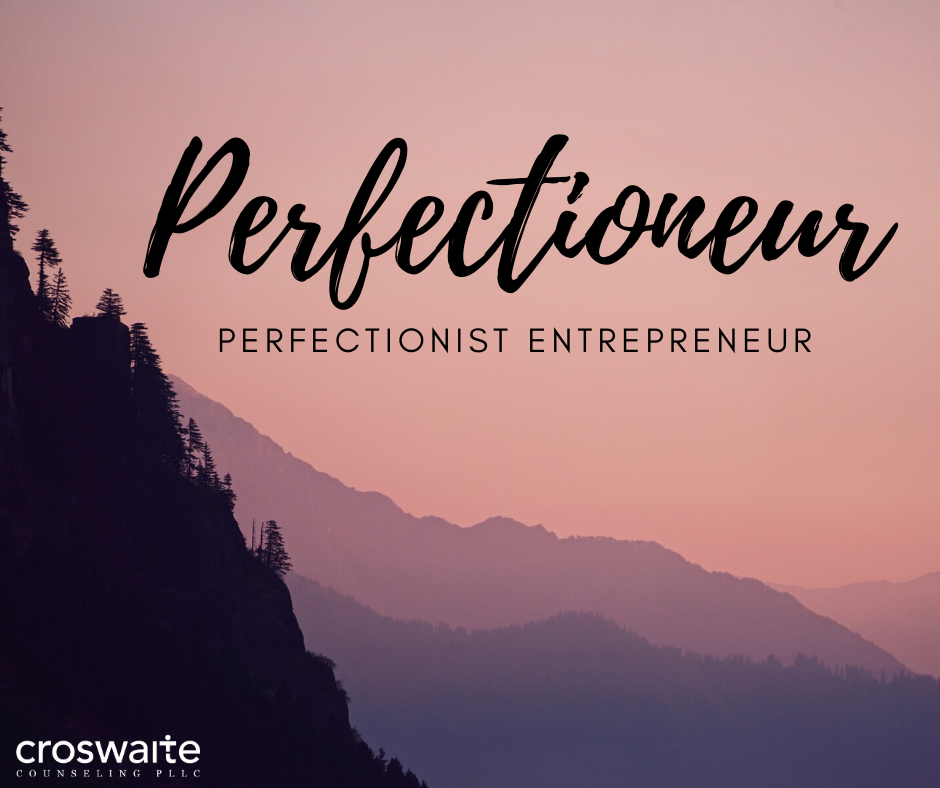We’ve been riding the rollercoaster of this pandemic for months. It’s almost hard to believe. We can’t even begin to fathom the full results of this event and the impact on our businesses. As therapists, we know we must fortify ourselves for the mental health crisis that comes with COVID-19. As a colleague, I’m hearing that we are burning out, stretched too thin by grief, anxiety, and tragic loss. In the grand scheme of things, this means we will need more mental health professionals to carry the load. It also means therapists are maintaining smaller caseloads to allow for self-care in the face of overwhelm. As business owners, we are clenching our muscles and leaning in. As entrepreneurs, we are rallying. Now is the time for pivoting and planning. Months into COVID-19, we are looking for ways to pivot to allow our practices and businesses to not only survive, but thrive.
Planning to Pivot?
Pivoting is a term in business for shifting gears, changing direction, and/or finding new focus. As private practice owners, we get the opportunity to pivot in order to address life’s changes and challenges in ways we feel are a good fit for our business. For some of you, pivoting means:
· Offering telehealth
· Providing webinars
· Speaking online
· Developing online coursework
· Writing blogs or a book
· Identifying a secondary income stream
It can be exciting to start new endeavors, and it can also be challenging. Let’s recognize that creativity can feel limited when other responsibilities require your attention and stress levels are so high that they may hurt your ability to focus. You don’t have to do this all in one shot. You don’t even have to do this alone. Here are some ideas to help you move deeper into a creative mindset to better your business.
Schedule Time for Creativity
That’s right. Put it in your calendar. Where can you find time to work ON your business rather than in it? Can you map out time for brainstorming? Writing? Course creation? Conversations with other inspiring entrepreneurs? I too have learned that if I don’t schedule it, it doesn’t happen!
Move your Body
Have you ever noticed that some of the most brilliant minds are depicted as pacing in movies when trying to figure something out? There is a reason for that! Movement allows deeper processing, especially when it’s a repetitive, low-energy motion like walking or pacing. So get outside and take a walk, allowing your mind to mull over the possibilities at an easy pace.
Remember your ‘Why’
No matter where you decide to take your business, be sure to slow down enough to check in on your ‘why.’ Does this new endeavor support your values and brand? Does it support your mission as a person and as a professional? Carry a notebook and write down ideas as they come to you. Run new ideas by a trusted colleague or friend to see what they think.
Invigorating Investments
For many entrepreneurs, if the pivot aligns with their business, it can feel both exciting and invigorating to have a direction to go and plan of action to take. You see, entrepreneurs enjoy building and creating and they feel much more emotionally invested when creating something new or worthwhile. I hope that you too can experience the excitement (dare I say giddiness?) of pivoting in your practice to support your mission, vision and brand. Check out my book Perfectioneur: From Workaholic to Well-Balanced launching June 1st for other ideas on how to thrive as a driven entrepreneur. I can’t wait to see what you create!




